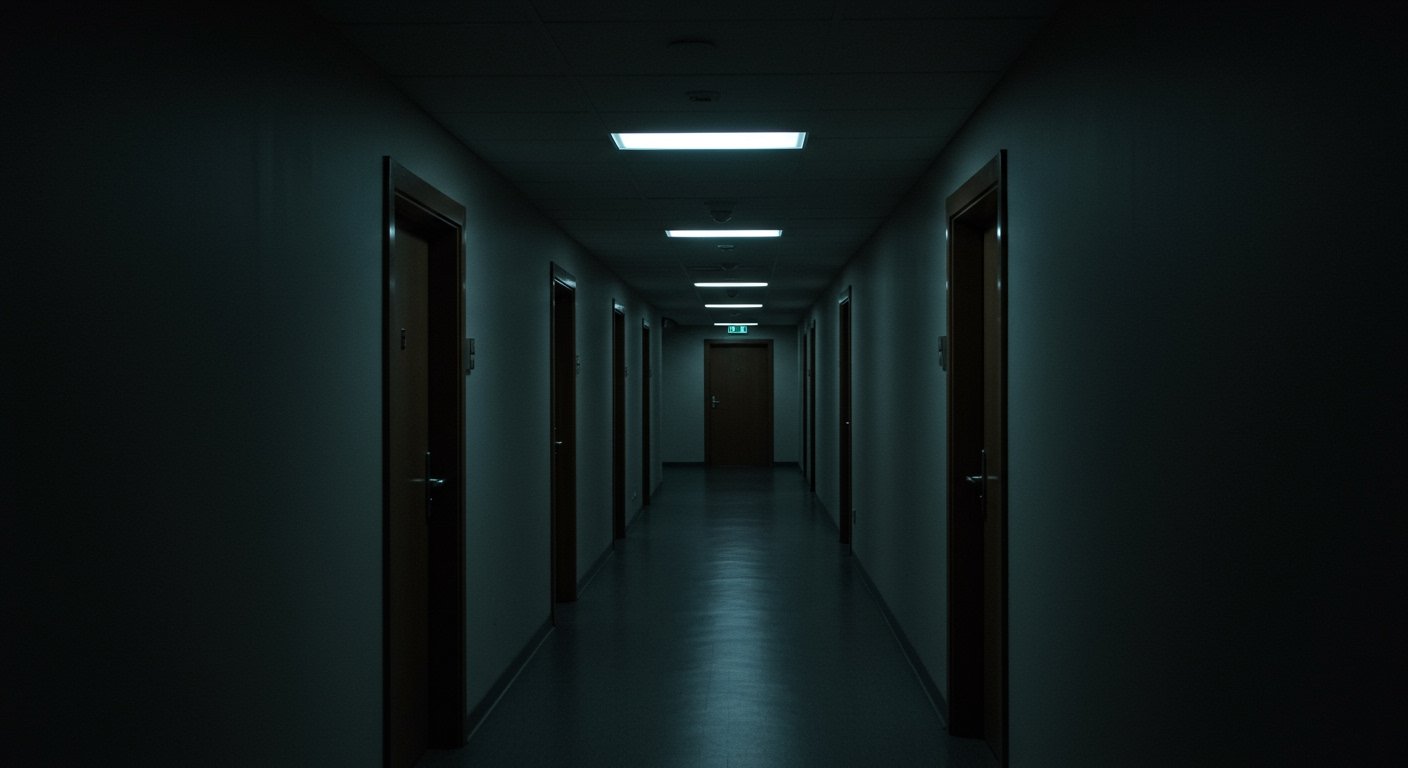SAN DIEGO – The family of a 26-year-old man fatally shot by San Diego Police Department (SDPD) officers during a mental health crisis has filed a legal claim against the city, alleging excessive and unreasonable force. The claim, a required precursor to a lawsuit, was filed by the parents of Andrew Engel, who died following the encounter on January 13, 2025.
According to the claim, which was obtained by CBS 8, Engel’s parents, George and Virginia Engels, are seeking at least $6 million in damages for the wrongful death of their son. The incident occurred at Engel’s high-rise apartment complex located on the 1100 block of E Street in the city’s East Village neighborhood.
Circumstances Leading to the Confrontation
The events unfolded after Engel’s roommate called 911 to report that Engel was experiencing a severe mental health crisis. The roommate informed dispatch that Engel was suicidal and had reportedly attempted to harm himself with a knife.
SDPD officers, identified in the claim and police-released body camera footage as Officers Gavin Isa and Eric Moreno, responded to the residence. Upon arrival, officers worked to clear the apartment, successfully removing six other individuals who were present at the time.
The Fatal Encounter
The legal claim and body camera footage released by the San Diego Police Department describe the critical moments leading to the shooting. According to these accounts, after officers had secured the apartment, Engel emerged from a bathroom within the residence. He was reportedly holding a knife in his hand, raised above his head, and ran towards Officers Isa and Moreno.
The officers are reported to have ordered Engel to stop before firing multiple shots at him. Engel was struck by the gunfire. He was subsequently transported to a hospital, where he succumbed to his injuries.
Allegations of Excessive Force and Prior Knowledge
The tort claim filed by George and Virginia Engels squarely places blame on the San Diego Police Department officers involved, alleging that their use of force was excessive and unreasonable given the circumstances. A key point raised in the claim is the assertion that the responding officers were aware that Andrew Engel was suffering from a mental health crisis.
Furthermore, the claim states that the officers had information suggesting Engel may have already inflicted self-wounds before their arrival or during the incident. Despite this alleged knowledge of his vulnerable mental state and potential injury, the claim contends that the officers’ actions were not appropriate for a situation involving a person in crisis.
The family’s legal representatives argue that alternative de-escalation tactics or less-lethal force options should have been employed, especially given the officers’ reported understanding of Engel’s mental state. The filing of the tort claim signals the family’s intent to pursue a formal lawsuit against the City of San Diego and potentially the individual officers involved, seeking accountability for their son’s death.
Ongoing Investigation and Official Response
As is standard protocol in officer-involved shootings in San Diego County, the incident is currently under investigation by the San Diego County Sheriff’s Office Homicide Unit. This independent investigation aims to determine the facts surrounding the shooting and assess whether the use of deadly force was within legal and policy guidelines.
The findings of the Sheriff’s Office investigation will be reviewed by the District Attorney’s office, which will determine if any criminal charges against the officers are warranted. Separately, the San Diego Police Department will conduct its own internal administrative investigation to review the officers’ adherence to department policies and procedures.
When contacted for comment regarding the tort claim, the San Diego City Attorney’s Office declined to issue a statement. Their office cited the pending nature of the litigation as the reason for their lack of comment.
Broader Implications
Andrew Engel’s death and the subsequent legal action highlight the ongoing national conversation surrounding law enforcement’s response to individuals experiencing mental health crises. Critics argue that police officers, often the first responders in such emergencies, may not have adequate training or resources to de-escalate situations involving mental illness without resorting to force.
Advocates for reform call for greater integration of mental health professionals into emergency response teams and enhanced training for officers on crisis intervention techniques. Cases like Engel’s underscore the potentially tragic outcomes when these situations result in deadly confrontations.
The family of Andrew Engel awaits the outcome of the Sheriff’s Office investigation and is preparing to navigate the complexities of the legal system in their pursuit of justice and accountability for the death of their son on January 13, 2025.



















